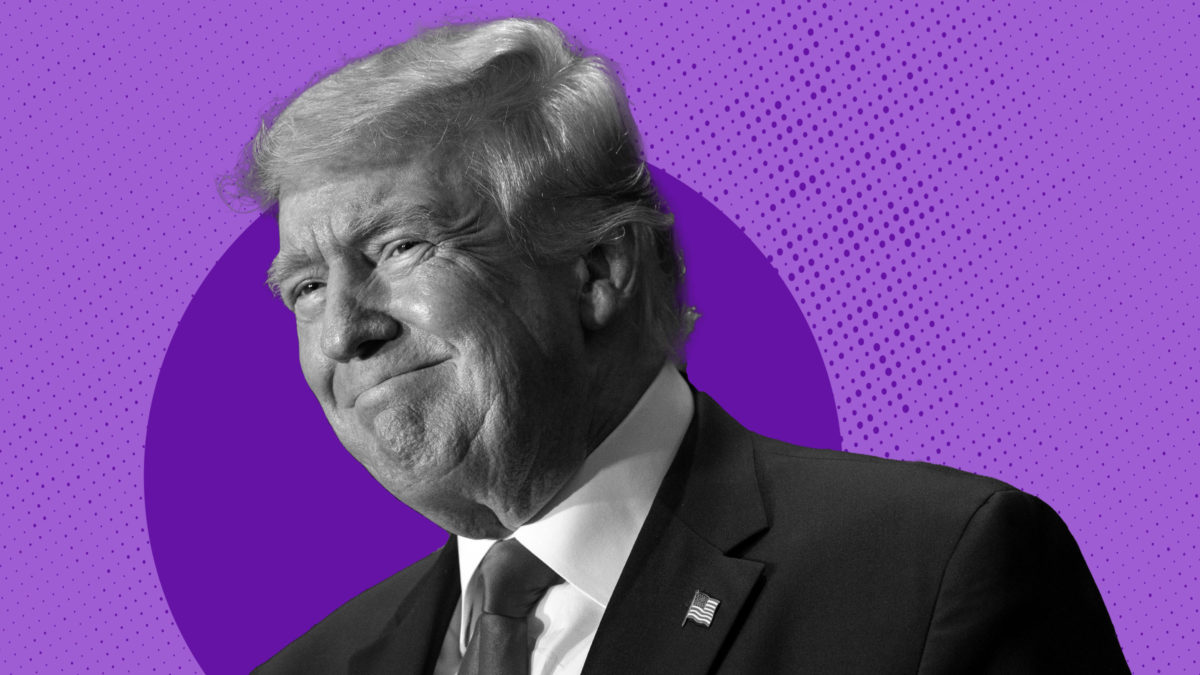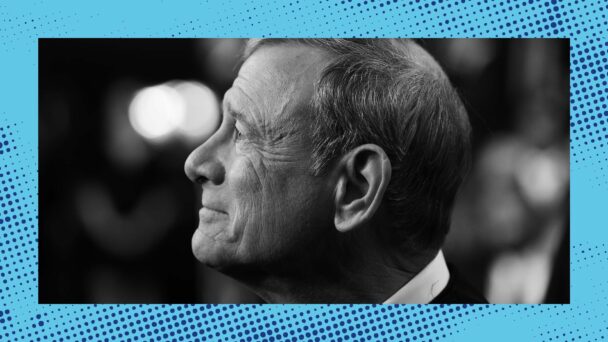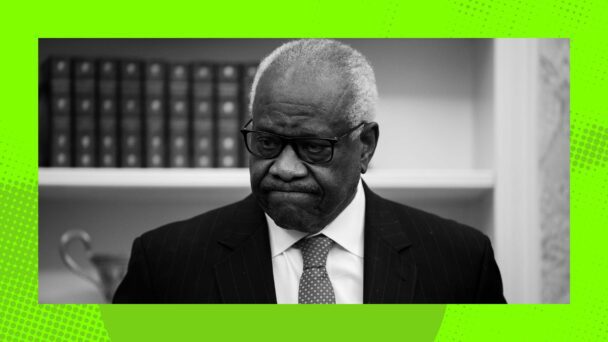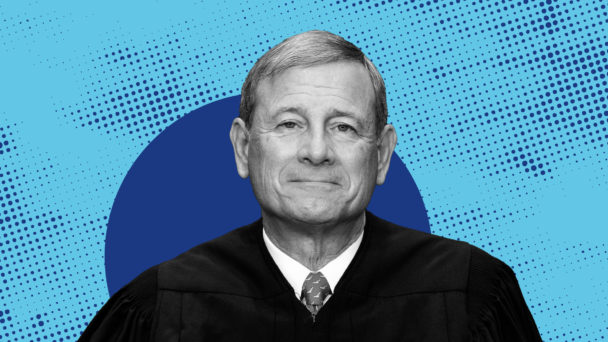In early 2016, Florida Sen. Marco Rubio attempted to jump-start his sputtering bid for the Republican presidential nomination by starring in one of the most agonizing political moments of the past decade. Speaking to supporters in Virginia, Rubio, whom Donald Trump had nicknamed “Little Marco,” graciously conceded that Trump, at 6-foot-2, is tall. But then came the punchline: “I don’t understand why his hands are the size of someone who’s five-two,” Rubio said. “And you know what they say about men with small hands.”
Horrifying clip that should not exist via YouTube
If you are a normal person, perhaps hearing a vanity presidential candidate uncork a cringe-inducing double entendre about an opponent’s genitalia size made you want to put down your phone and walk into the nearest ocean. Steve Elster, though, saw a business opportunity. In 2018 the California lawyer attempted to register a federal trademark for the phrase Trump Too Small to print on T-shirts, accompanied by a graphic of the universal hand gesture for, well, “too small.” According to Elster, he intended this bit of toxic masculinity–infused political commentary to convey his view that “some features of President Trump and his policies are diminutive.”
The U.S. Patent and Trademark Office rejected Elster’s application on two grounds, neither of which involved the words remarkably poor taste. First, under Section 2(c) of the federal trademark statute, which is known as the Lanham Act, trademarks that include a living person’s name cannot be registered without their written consent, which (it will shock you to learn) Elster had not obtained from the literal president of the United States. Second, Section 2(a) of the Lanham Act bars the registration of trademarks that “falsely suggest” a connection to a person, whether living or dead—in other words, trademarks that might give the impression that, again, the literal president of the United States was selling T-shirts emblazoned with an assertion about the relative size of his penis.
The U.S. Court of Appeals for the Federal Circuit, however, eventually reversed, holding that using Section 2(c) to deny Elster’s trademark application interfered with his right to denounce the Trump White House’s myriad demonstrations of incompetence. “The government does not have a privacy or publicity interest in restricting speech critical of government officials or public figures in the trademark context,” the court wrote.
On Wednesday, the Supreme Court heard oral argument in Vidal v. Elster, the government’s appeal. And although the court has demonstrated its willingness to weaken intellectual property law in the name of promoting free speech, the justices seemed skeptical that the modest goals of the federal trademark statute should yield to the right of aspiring anti-Trump clothing moguls to turn a profit.




